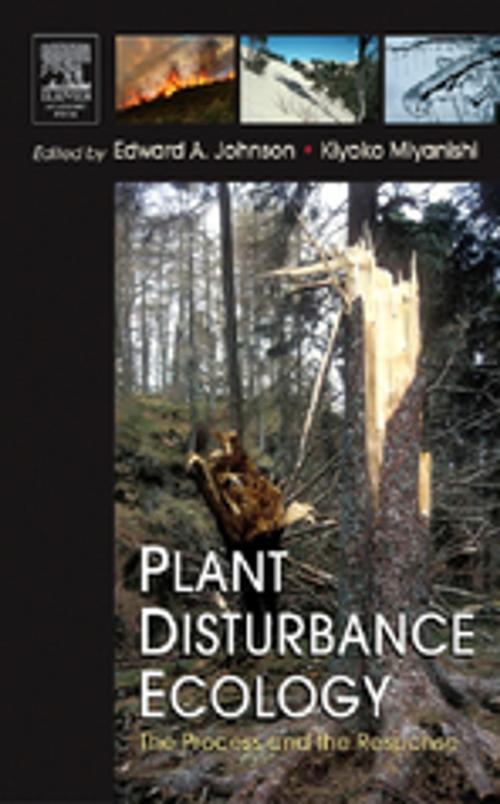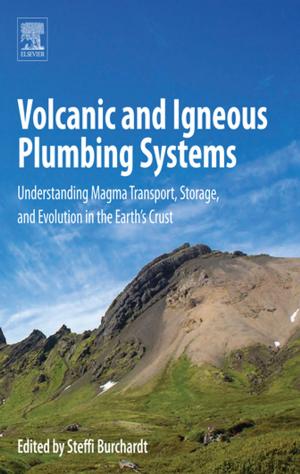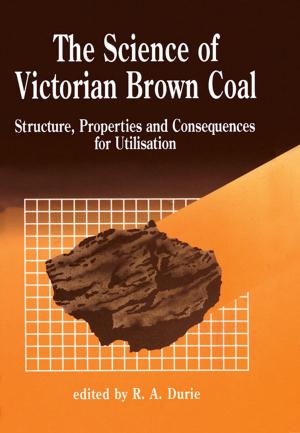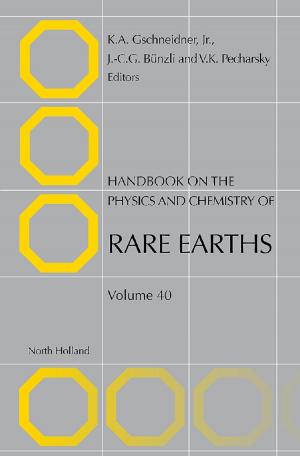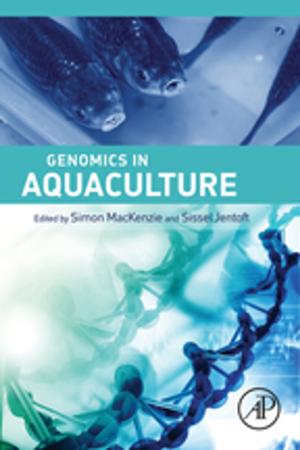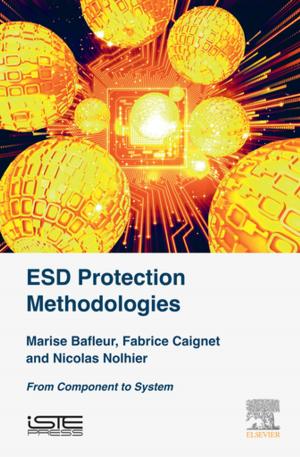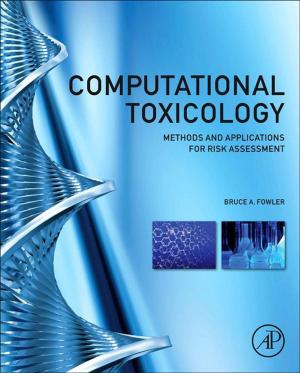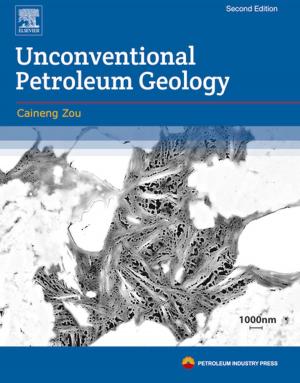Plant Disturbance Ecology
The Process and the Response
Nonfiction, Science & Nature, Nature, Environment, Natural Disasters, Technology, Agriculture & Animal Husbandry| Author: | Edward A. Johnson, Kiyoko Miyanishi | ISBN: | 9780080492957 |
| Publisher: | Elsevier Science | Publication: | July 20, 2010 |
| Imprint: | Academic Press | Language: | English |
| Author: | Edward A. Johnson, Kiyoko Miyanishi |
| ISBN: | 9780080492957 |
| Publisher: | Elsevier Science |
| Publication: | July 20, 2010 |
| Imprint: | Academic Press |
| Language: | English |
The media coverage of natural disasters (hurricanes, fires, floods, ice storms, etc.) indicates the prevalence of natural disasters in most, if not all, ecosystems. In order for scientists to study, understand, and ultimately predict how these disturbances affect ecosystems, it is necessary for them to know more about the physical processes involved in these disturbances and to learn how to couple these processes to the ecological systems. Essential for all ecologists, forest researchers, and conservation biologists, this book includes chapters on the disturbance processes, how the disturbance causes necrosis or death to individuals, and their effects on population or community processes. In Plant Disturbance Ecology, physical scientists who study disturbances provide an introduction to the physical disturbance processes, while ecologists relate this information to the way the vegetation responds to the disturbances. This reference is also key for all researchers hydrology, geomorphology, and environmental management.
- Includes coverage on six different disturbance processes: Wind, Gravity, Geomorphic, Hydrologic, Combustion, and Biotic
- Provides a clear explanation of how some of the physical processes of disturbance affect plant ecological processes
- Offers ecologists an up-to-date understanding of the physical processes and allows them to predict future affects of disturbances
- Unites two related fields by linking the disturbance processes and ecological responses
- Presents physical scientists with ideas of how they might usefully apply their knowledge to advance understanding of ecological systems
The media coverage of natural disasters (hurricanes, fires, floods, ice storms, etc.) indicates the prevalence of natural disasters in most, if not all, ecosystems. In order for scientists to study, understand, and ultimately predict how these disturbances affect ecosystems, it is necessary for them to know more about the physical processes involved in these disturbances and to learn how to couple these processes to the ecological systems. Essential for all ecologists, forest researchers, and conservation biologists, this book includes chapters on the disturbance processes, how the disturbance causes necrosis or death to individuals, and their effects on population or community processes. In Plant Disturbance Ecology, physical scientists who study disturbances provide an introduction to the physical disturbance processes, while ecologists relate this information to the way the vegetation responds to the disturbances. This reference is also key for all researchers hydrology, geomorphology, and environmental management.
- Includes coverage on six different disturbance processes: Wind, Gravity, Geomorphic, Hydrologic, Combustion, and Biotic
- Provides a clear explanation of how some of the physical processes of disturbance affect plant ecological processes
- Offers ecologists an up-to-date understanding of the physical processes and allows them to predict future affects of disturbances
- Unites two related fields by linking the disturbance processes and ecological responses
- Presents physical scientists with ideas of how they might usefully apply their knowledge to advance understanding of ecological systems
